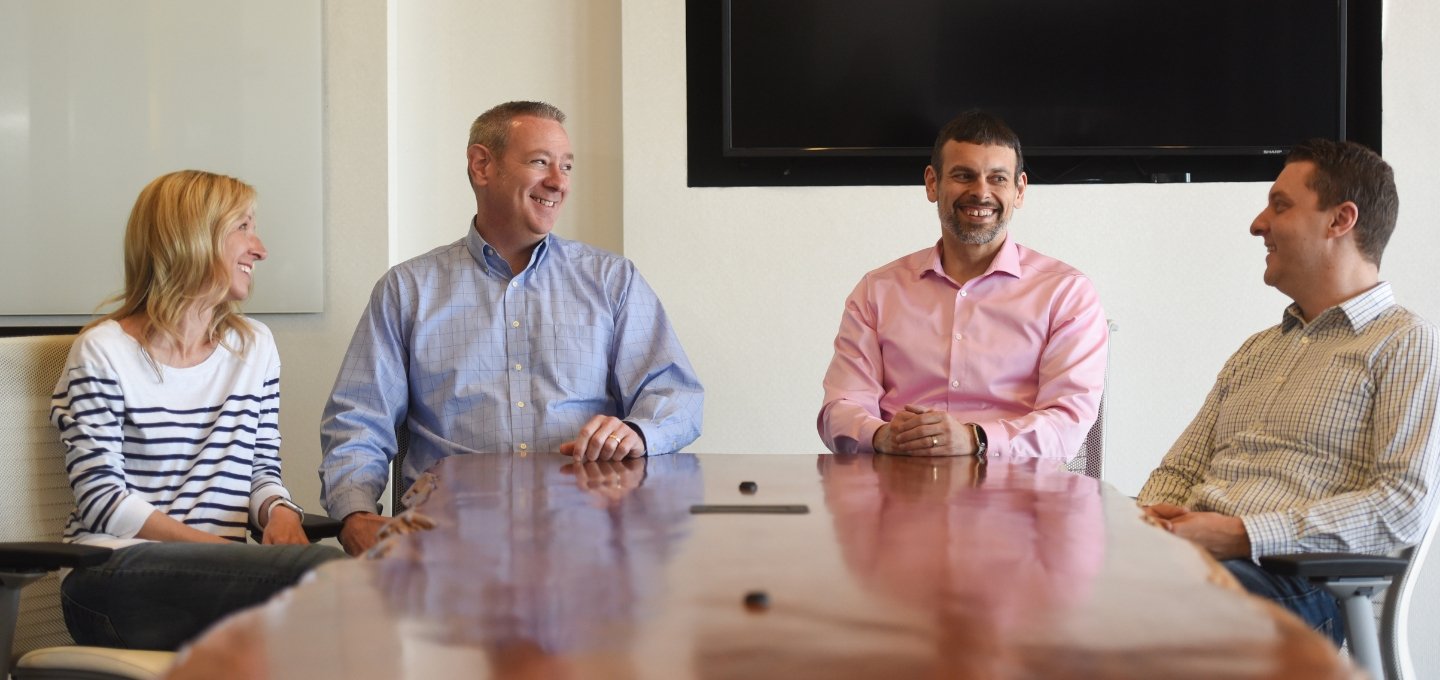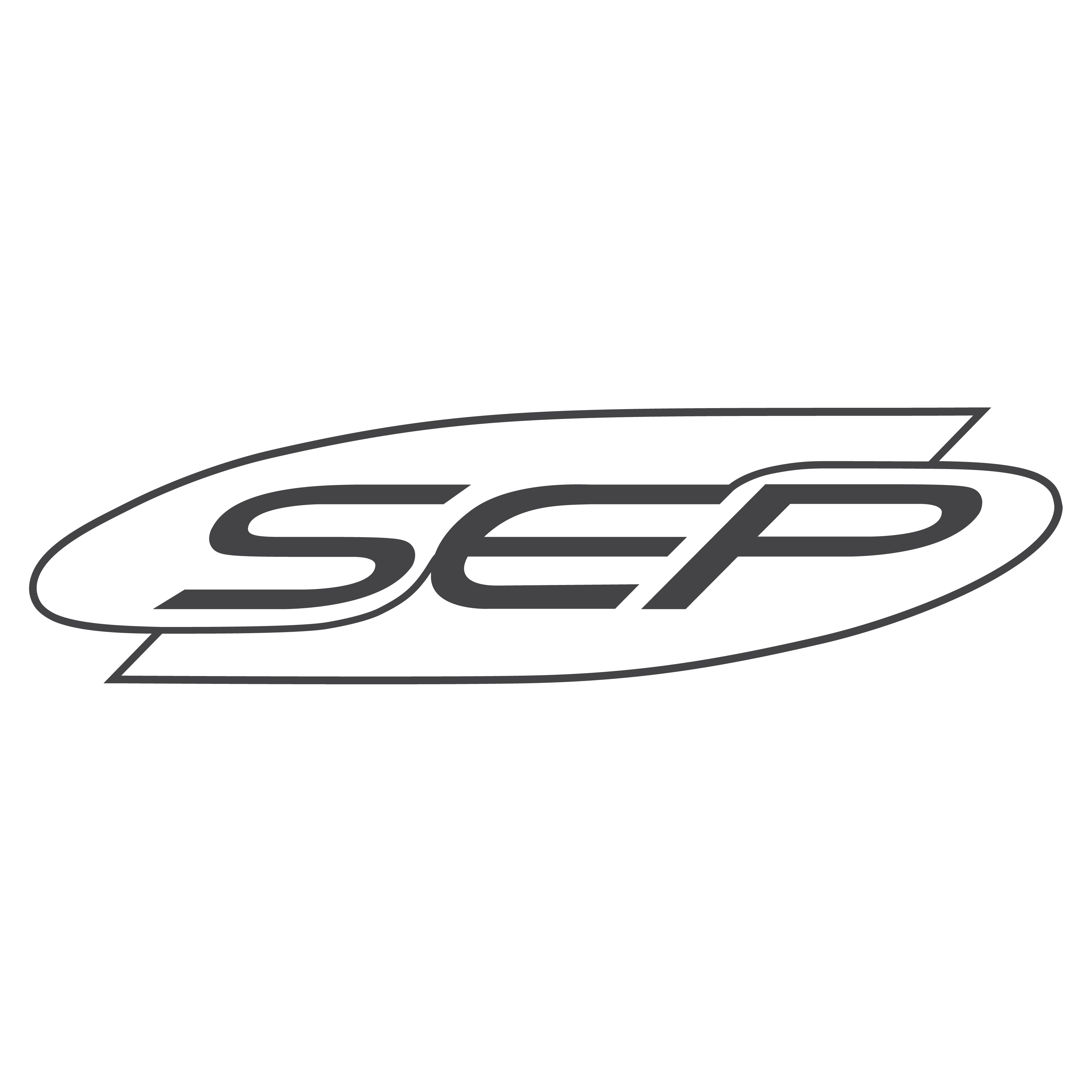SEP plays the long game helmed by new CEO Raman Ohri
After 30 years as SEP’s CEO, Jeff Gilbert has stepped down. The company’s president, Raman Ohri, has now taken up the mantle, leaning further into SEP’s business functions. Jeff will continue to serve on the company’s board of directors, which Raman will now chair.
Founded in 1988 by four graduates of Rose-Hulman Institute of Technology, Carmel-based SEP has become a staple of the local tech community by designing and developing software products for clients worldwide. The company began at a time when the founders needed to explain to potential customers what it was that a professional software engineer did. These days, companies of all stripes are more widely embracing tech, and SEP’s work translates much easier. With 140 employees, SEP takes on plenty of work for these companies, which has created an international clientele that includes members of the Fortune 100.
Now leading the company as CEO, Raman began his career at SEP in 1993 as an engineer after graduating from Rose-Hulman. For the next two decades, Raman managed and led projects of ever-increasing scope, eventually becoming SEP’s president in 2015. His day-to-day functions won’t be changing substantially as CEO thanks to a long and thoughtful planning process.
For many months prior to Jeff announcing his stepping down, Raman and Jeff worked together closely to ensure a smooth leadership transition, something Jeff had planned for years. “Jeff delegated and let the rest of the leadership team grow into our responsibilities, slowly and steadily,” Raman recalled. “It can be tough for leaders to delegate responsibilities and then step back and let them go learn their job, but Jeff really gave us the opportunity to do that.”
As the new CEO, Raman takes the reins of a company steadily increasing its Indiana footprint. Along with new client opportunities, Indiana has proven to be a wellspring of talent for SEP as it grows, with over 90% of employees coming from an Indiana college, according to Raman. “We don’t have to leave the state to find great design and engineering talent,” he said, acknowledging that the quality of Indiana schools contributes to “what makes this region so powerful.”
Like Raman’s path into SEP, more than two-thirds of the company’s hires are new college graduates. Their jobs immerse them in a culture that stands out for its devotion to a physical workplace and the connectivity engendered between SEP’s employee-owners (SEP is organized as an ESOP: an employee stock ownership plan where the workforce is granted an ownership interest in the company). Eschewing the rising trend of remote work, SEP has its employees working side-by-side in their Carmel office on projects that span the globe, a setup that creates collisions between powerful minds.
“Coming fresh out of school, it’s an incredible luxury to work closely with someone who has worked in several different industry verticals, on numerous technology platforms,” Raman said. “Working side by side with someone with 10-15 years of experience building production software can be rocket fuel for your craft and your career.“
The freedom of imagination SEP enables has led to many of the significant breakthroughs and transitions the company has made throughout its history. From the embedded devices and web applications of the Nineties to the cloud-based solutions and machine learning of today, Raman credits SEP’s employee culture as the underlying driver into novel fields. “It was because individuals were interested in exploring largely on their own—they were supported by the company, but these were not typically company directives,” he said.
To keep abreast of new ideas, SEP supports employee innovation through a learning pipeline that includes significant investment into professional development. “We put 2-3% of revenue into this area, which ends up being a substantial investment,” Raman said. “We plan for large scale trainings, but then supplement that with feedback from our employees about what and how we want to learn. The nature of our business is such that we have to be one step ahead of our clients, so we invest heavily in making ourselves better.”
While some of SEP’s cultural elements may seem to have arisen organically, it’s actually been part of a deliberately crafted strategy, which has led to clear successes in developing the company’s talent pool and workplace culture. SEP was recognized as an Exceptional Employer Mira Award nominee this year and has a place in the Indiana Chamber’s Hall of Fame for long-time recognition as a Best Place to Work in Indiana.
As to where Raman and SEP will go next, opportunities abound. The company has always focused on helping its clients be ready for emerging market demands. This led to adding design capabilities over the past decade, tightly integrated with its long-standing development capabilities. More recently, this has meant integrating modern product management techniques so that clients can learn faster and deal with competing priorities.
On the technical front, building for the cloud has been a huge focus for the past several years, and the company continues to invest heavily in that space. Machine learning is another area of growth, and a natural extension based on SEP’s expertise with vehicles, devices, and industrial applications.
Discover more about SEP and the company’s culture.





